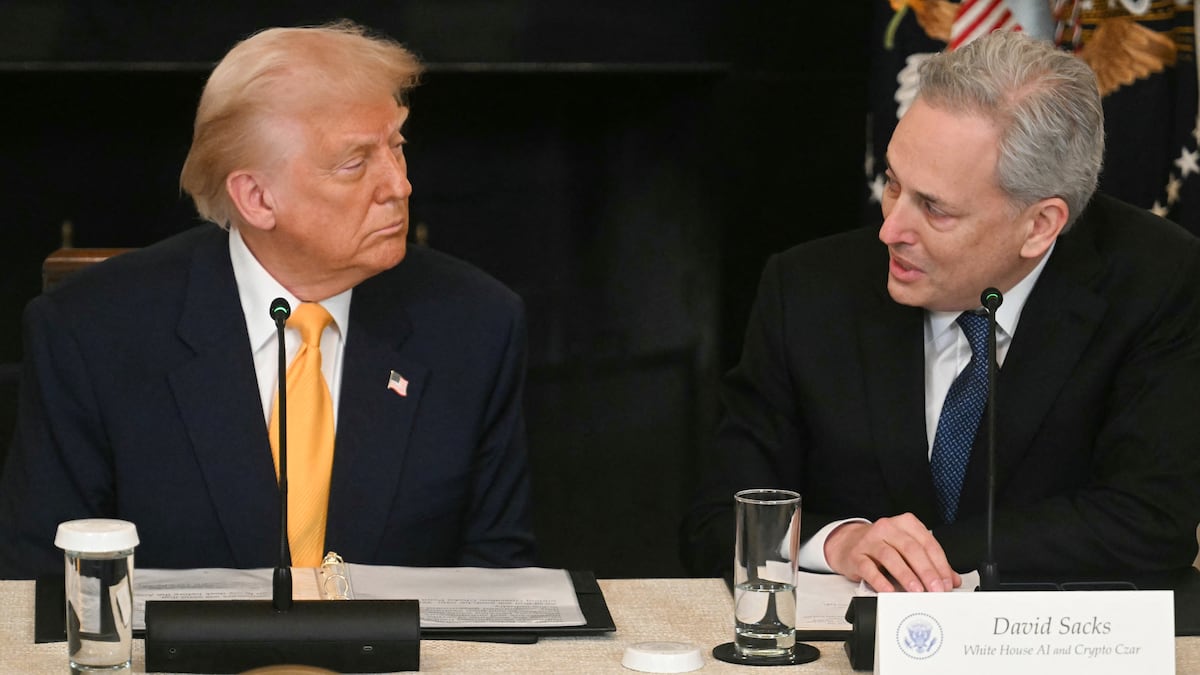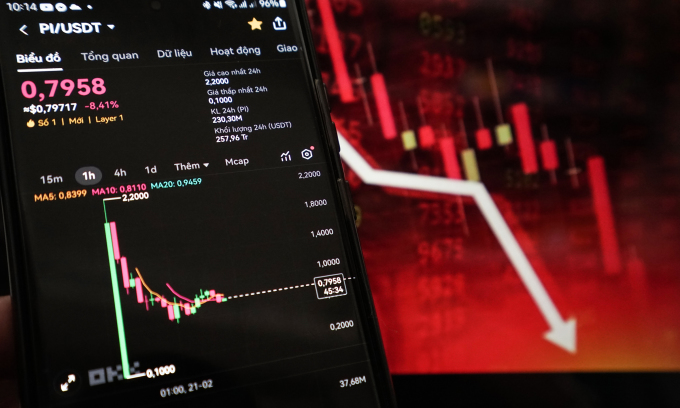Capitol Hill's Crypto Controversy: Lawmakers Turn a Blind Eye to Tax Evasion Tactics

In a surprising turn of events, the recent repeal of the DeFi Broker rule has sparked intense debate within the cryptocurrency and financial technology communities. While some argue that this move won't necessarily ignite innovation, it could potentially transform the United States into an unexpected sanctuary for crypto entrepreneurs and investors.
The regulatory landscape for digital assets has been notoriously complex, with lawmakers struggling to balance innovation with investor protection. The withdrawal of the controversial broker rule represents a significant shift in approach, signaling a potentially more crypto-friendly environment in the United States.
Critics argue that simply removing regulatory barriers doesn't automatically translate to meaningful innovation. The crypto ecosystem requires more than just relaxed rules; it needs robust infrastructure, supportive frameworks, and a clear regulatory vision. However, the repeal might attract international crypto businesses looking for a more welcoming jurisdiction.
This development could position the U.S. as an attractive destination for blockchain and cryptocurrency companies seeking more flexible regulatory conditions. By creating a more permissive environment, the country might paradoxically stimulate the very innovation that stricter regulations previously hindered.
The long-term implications remain uncertain, but one thing is clear: the crypto landscape is continuously evolving, and regulatory decisions like this could play a crucial role in shaping its future trajectory.







